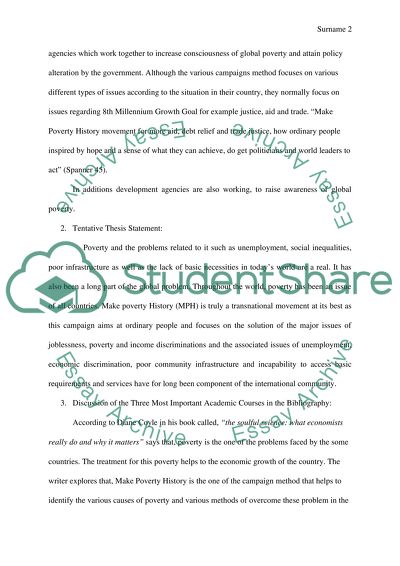Cite this document
(“Brief History of Transnational and Make History Poverty Research Paper”, n.d.)
Retrieved from https://studentshare.org/sociology/1394625-brief-history-of-transnational-and-make-history-poverty
Retrieved from https://studentshare.org/sociology/1394625-brief-history-of-transnational-and-make-history-poverty
(Brief History of Transnational and Make History Poverty Research Paper)
https://studentshare.org/sociology/1394625-brief-history-of-transnational-and-make-history-poverty.
https://studentshare.org/sociology/1394625-brief-history-of-transnational-and-make-history-poverty.
“Brief History of Transnational and Make History Poverty Research Paper”, n.d. https://studentshare.org/sociology/1394625-brief-history-of-transnational-and-make-history-poverty.


